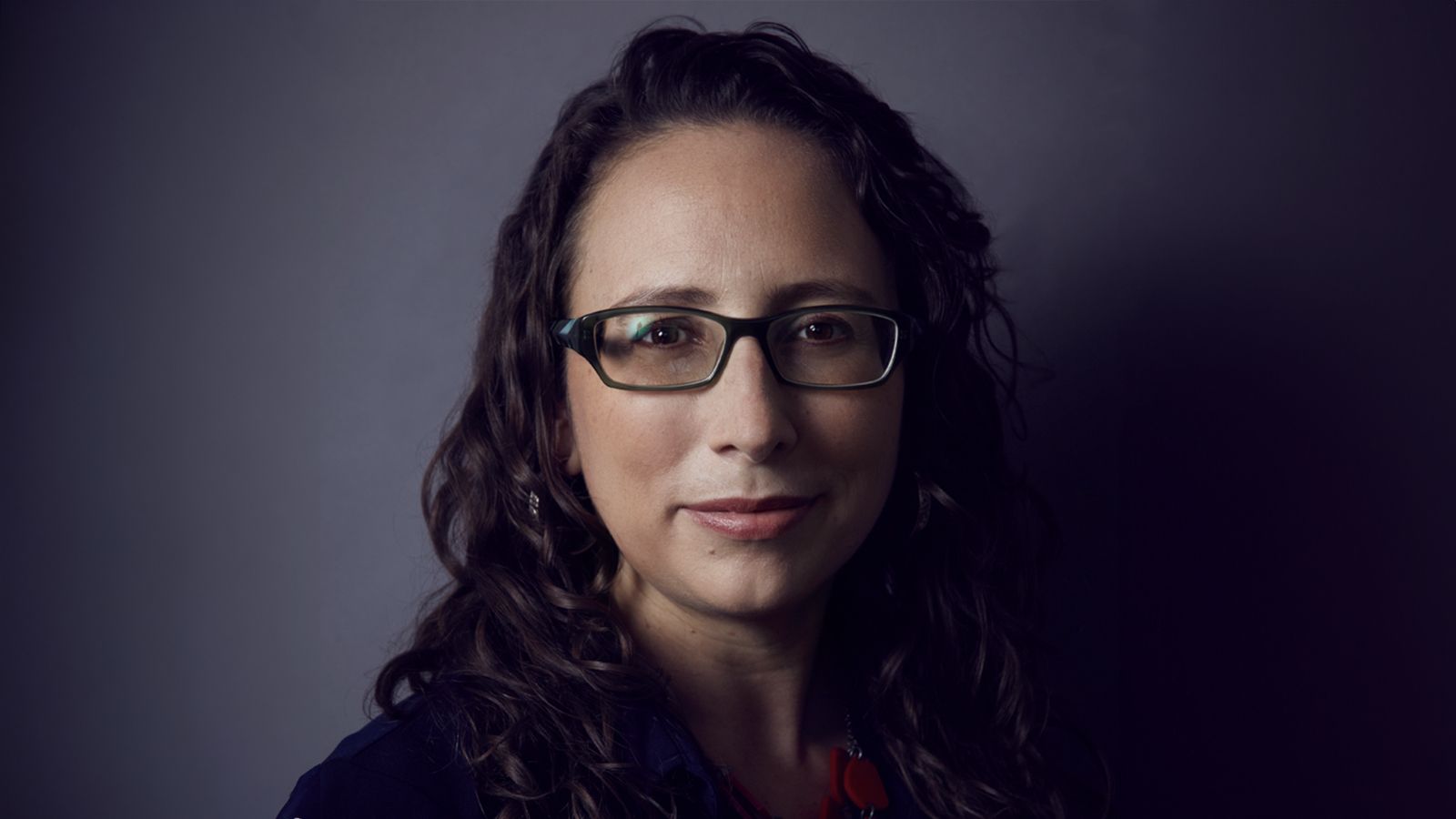They’re reaching for the stars — and spreading knowledge to the world.
A Hunter College associate professor of Physics and Astronomy is part of the team of scientists and engineers that will receive a prestigious prize for developing open-source software that is broadening knowledge of the universe.
Kelle Cruz and two other project leaders will receive the 2025 Lancelot M. Berkeley–New York Community Trust Prize for Meritorious Work in Astronomy on behalf of the Astropy Project, a community effort to develop a free, open-source software package using the Python language.
Cruz’s work exemplifies Hunter’s mission of democratizing knowledge for the public good. With the rise in popularity of Python, Astropy has become one of the dominant tools of Astronomy and is used by thousands of scientists — and students.
“Astropy has made it possible for astronomy students from all over the world and all kinds of academic institutions to use the same software as the professionals,” Cruz said. “Before Astropy, the community primarily used an expensive, proprietary programming language that was a significant barrier to not just students, but many scientists. Astropy is built on principles of being as free and accessible to as many people as possible.”
Cruz is also a research associate at the American Museum of Natural History and a visiting scholar at the Flatiron Institute.
The Berkeley prize has been given annually since 2011 by the American Astronomical Society and supported by a grant from The New York Community Trust. It includes a monetary award and an invitation to give the closing plenary lecture at the AAS winter meeting, which will be held in National Harbor, Md., from January 12 to 16. Cruz will be one of three Astropy Coordination Committee members giving the lecture. The other two are Erik Tollerud of the Space Telescope Science Institute and Clara Brasseur of University of St. Andrews.
In the prize citation, the AAS vice presidents praised Astropy as being pillar of the global astronomical community and foundational infrastructure across the field.
“For more than a decade, Astropy has enabled cosmic discovery across the breadth of astronomy, from supporting new students in astronomy to the operations of multibillion-dollar Great Observatories,” the citation reads. “The number of scientific results that Astropy has helped enable is truly uncountable.”


